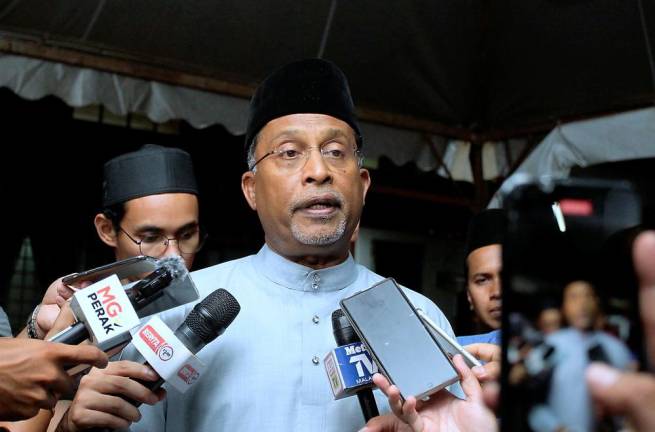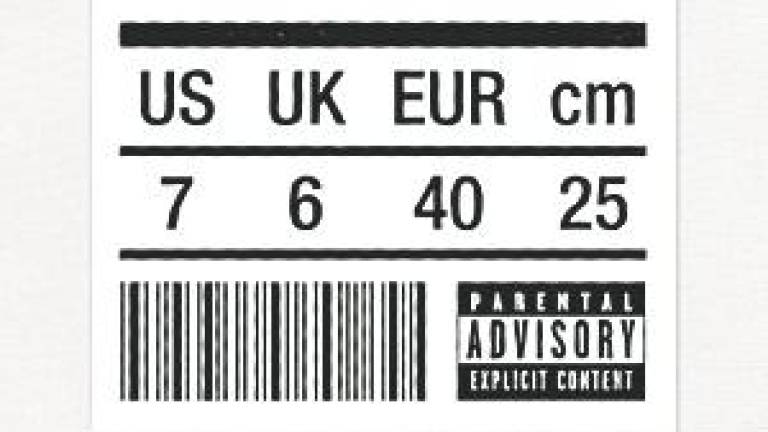KUALA LUMPUR: Malaysia's headline inflation is expected to moderate to between 2.8% and 3.3% in 2023 from the peak of 4.7% in August last year following stable global commodity prices and the gradual move towards targeted subsidies mechanism locally.
Socio-Economic Research Centre (SERC) executive director Lee Heng Guie (pic) said SERC expects targeted subsidies to be implemented at a measured pace due to the government’s focus on tackling the impact of inflation and higher cost of living on low- and middle-income households.
Global inflation may have peaked but the cool-down period will be long and slow, he said during SERC’s media briefing on Malaysia’s quarterly economy tracker (October-December 2022) and 2023 outlook today,
“With the commodity and energy prices cooling off from their peak, the supply disruptions and labour-market pressure subsiding, and the global central banks’ interest rates hikes cooling of demand come into effect – global inflation rates likely will cool throughout the year 2023,“ he added.
Lee said Malaysia's domestic demand will move to a more sustainable pace of 5.5%-6.0% from 11.0% estimated in 2022 with household spending to normalise towards its medium-term growth trajectory in 2023-2024.
In 2022, Malaysia's domestic demand expanded significantly due to pent-up demand while in 2020, private consumption declined by 4.2% before recovering slowly to 1.9% in 2021.
Post-Covid-19 pent-up demand is normalising as cash assistance measures such as RM145 billion EPF withdrawals and loan repayment assistance have ended, he said.
Consumers do not have much disposable income and must cut back on spending due to the continued impact of rising inflation as well as higher cost of living and borrowing costs due to the interest rate increases which will erode purchasing power.
“The good news is that labour market conditions have improved to 3.6% at end-Oct 2022 with increasing labour participation rate nearing pre-pandemic level,“ he added.
Lee said the Malaysian economy is likely to see weaker growth at 4.1% in 2023 compared with the 8.5% estimated for 2022, reflecting largely the normalisation of technical high-base effects.
“Moderating exports, the normalisation of domestic demand, continued dampening impact of inflation and higher cost of living, and the lagged effects of interest rate increases will weigh on domestic economic growth. Certainly, the interplay of weakening external environment, new government’s macro-narratives, domestic inflation, and interest rate will ultimately shape Malaysia’s economic growth outlook for 2023.”
Meanwhile, export moderation is expected to drag on growth in 2023. Export growth momentum has seen softening in September-November 2022 due to weakening demand for major manufactured goods such as electronics and electrical products, chemical and chemical products and machinery equipment as well as lower prices of crude and palm oil.
“We estimate exports to slow to 1.8% in 2023 from an estimated 26.5% in 2022, reflecting the dampening impact of weakening global demand, easing prices of energy and commodities as well as being challenged by the high base effects. Brent crude oil price is estimated to lower to US$95/bbl in 2023 vs US$100/bbl in 2022 and crude palm oil price to lower to RM3,850/metric tonne (MT) in 2023 vs RM5,123/MT in 2022,“ Lee said.
Notwithstanding this, Malaysia's private investment has regained momentum to expand by 6.3% in January-September 2022 and will likely expand by 4.0% in 2023 (est: 5.8% in 2022) reflecting the continued investment in the manufacturing sector and some services sub-sectors such as telecommunication related to 5G network as well as the climate-related green investment.
Going forward this year, Lee said, there is a chance of a global recession. The research centre expects weaker global economic growth at 2.5%-2.7% in 2023 with a mild recession in the United States and Europe.
“The forces that weigh on the global economy are continued dampening impact of inflation and cost of living crisis though inflation risk will cool off due to higher interest rates; the lagged impact of higher interest rate and tighter global liquidity conditions; and bloated retail inventories adjustment as consumer demand slows,“ said Lee.
However, China's better economic prospects in second-half 2023 with growth estimated at 4.5% will act as a global stabiliser as Beijing authorities unwind the zero Covid-19 restrictions.










